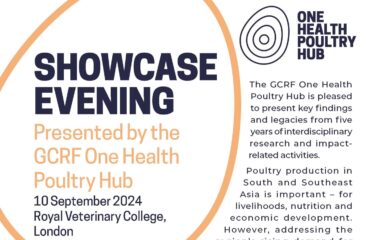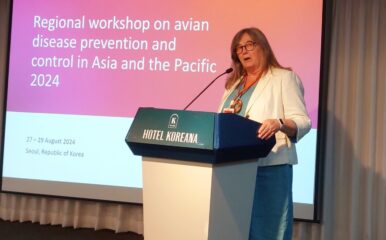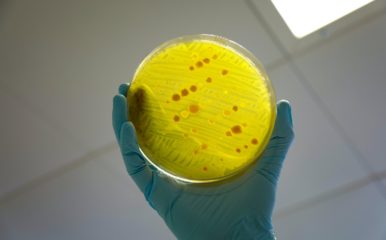
Researchers collaborate in new Vietnam-UK food systems project
Published on 06/05/2024
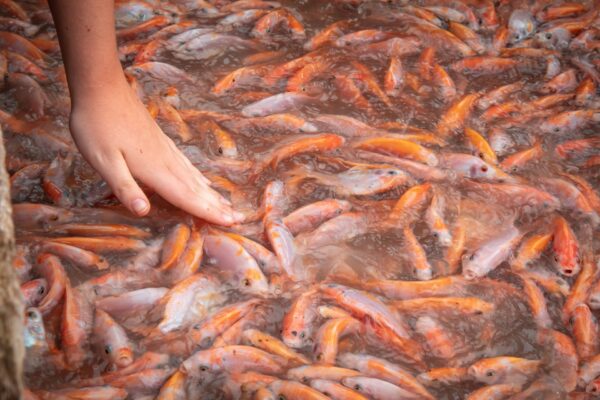
Milo Weiler on Unsplash
Partners in the One Health Poultry Hub start work this month on a new project seeking to better understand how livelihoods are impacted by power relationships in food systems.
‘Exploring power toward sustainable aquaculture value chains in Vietnam’ will research the sociopolitical, economic and historical power relationships that influence the livelihoods of vulnerable people producing, supplying and selling the products of fish and seafood farming in Vietnam. It will also explore the many factors that affect the sustainability of aquaculture in Vietnam, including poverty, antimicrobial use and waste management.
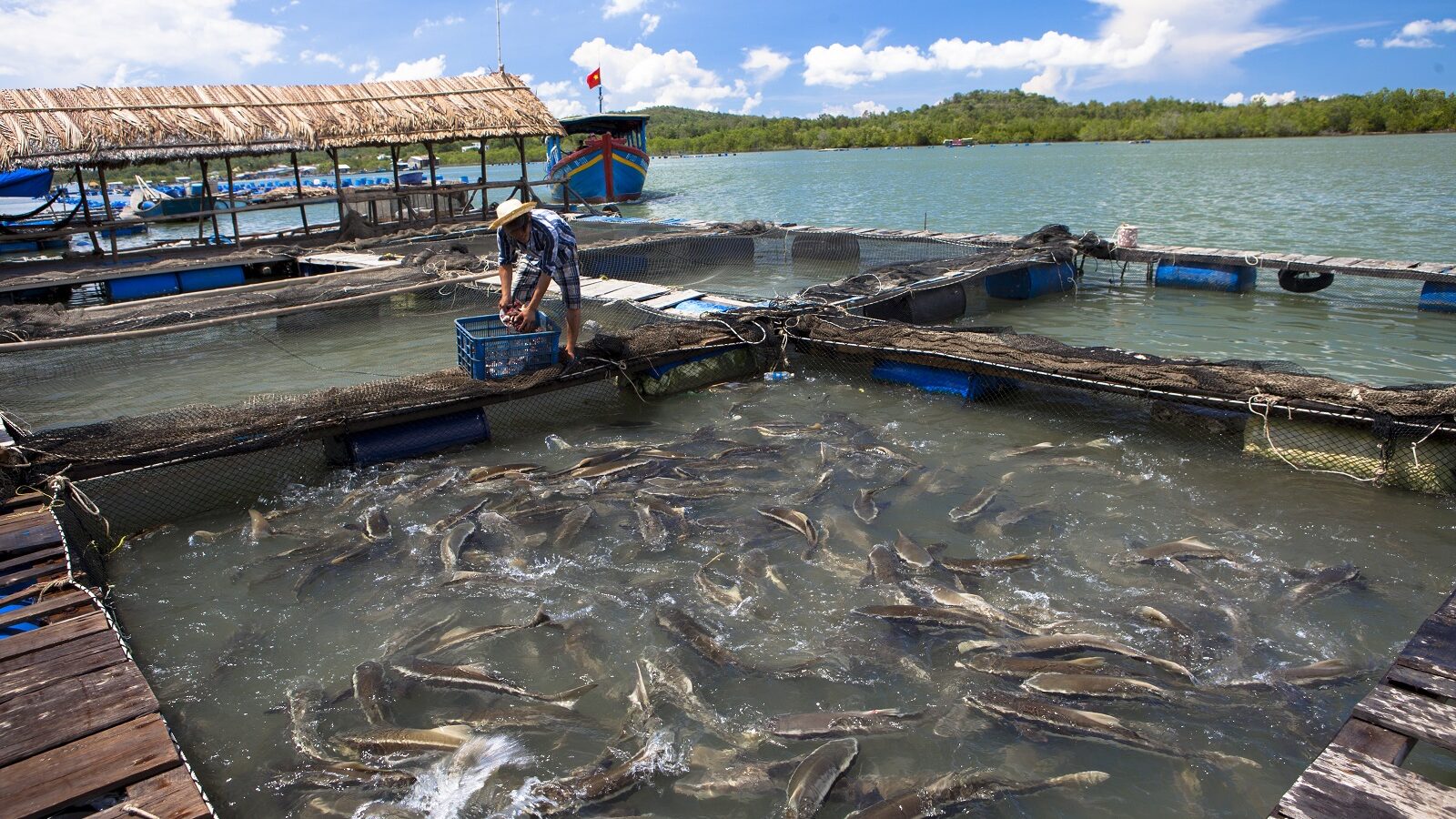
Funded by the British Academy, the project is a collaboration between the Institute of Development Studies (IDS) and Vietnam National University of Agriculture (VNUA), both partners in the One Health Poultry Hub, as well as Vietnam National University, Hanoi.
During the two-year project, researchers will explore how micro-level power relationships – between individuals, institutions, countries, etc. – influence how people can access key resources such as land, credit and farming inputs to earn their living. They will quantify the consequences of these power relationships on economic indicators critical for livelihoods, such as product prices, wages and income, credit interest rates and transaction costs.
The researchers will also explore how historical power dynamics shape the modern-day laws, regulations and institutions that are key to people’s livelihoods.
Fish and seafood consumption in Vietnam has increased threefold in the past 30 years as a result of rapid economic development, according to the Food and Agriculture Organization of the UN. This has had important and positive implications for livelihoods and job opportunities. However, it has also raised concerns about poor working conditions and environmental degradation. The project will deliver urgently needed evidence that will help identify how to improve the social and ecological sustainability of food value chains.
Dr Ayako Ebato of IDS, lead researcher on the new project, will work closely with Professor Nguyen Thị Dien, who will lead the project for VNUA. The two first met and worked together on the social science studies in Vietnam for the Hub.
Dr Ayako Ebato said: “This is a wonderful opportunity to understand how some people are kept poor through institutional, historical, and economic systems that surround their livelihoods, and how economic marginalisation impacts health and environmental sustainability. We are looking forward to continuing our collaboration across the UK and Vietnam, which started with the Poultry Hub.
“This new project will extend the evidence generated by the Hub, and explore the consequences of power relationships between people and institutions that have real-life implications on people’s livelihoods, health and ecological sustainability of aquaculture production in Vietnam.”
Professor Nguyen Thi Dien added: “Aquaculture is the sub-sector with the fastest growth rate in Vietnam and is contributing to ensure food security, eradicate poverty and improve national economies. Following up on the the successful collaboration of social scientists from UK and Vietnam for the One Health Poultry Hub, this project provides significant potential to contribute to understanding the socioeconomic and cultural factors associated with the development of aquaculture value chains in Vietnam, such as the nexus between public health risks and income generation, as well as the historical evolution of aquacultural governance and policies which until now have not been explored.”
Professor Fiona Tomley said the collaboration was an important example of how networking in the Hub has led to new academic connections and funding, driving forward research into how food systems can become more resilient, equitable and sustainable.

